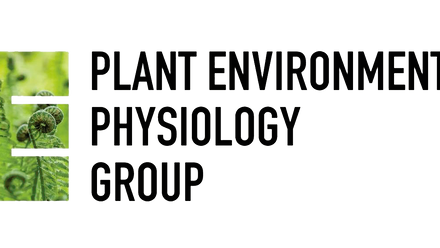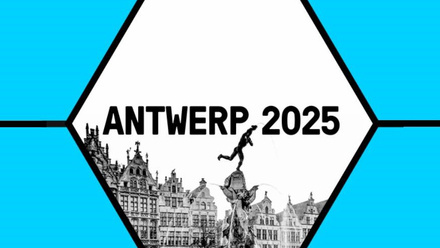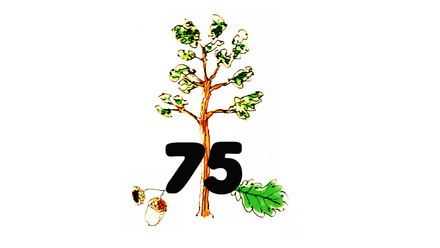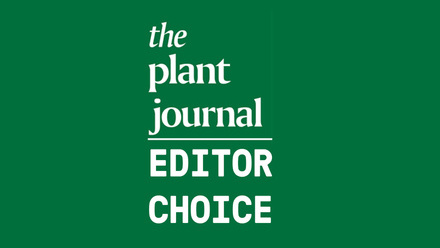SEB 2022 Plant session highlights
SEB 2022 Plant session highlights
The 2022 SEB Annual Conference in Montpellier is now only a few months away and we are very excited at the prospect of returning to the format of a physical meeting. The SEB team have chosen a wonderful city and venue that will allow researchers to connect or reconnect, exchange ideas, and hear about the latest developments across a range of exciting session topics.
Plant sessions this year span the scales of biology. Starting with the small, ‘
Life at the Interface – Plant Membrane-Protein Dynamics and Interactions During Responses to Environmental Change’ (Plant; organisers Piers Hemsley, Wendy Peer, and Angus Murphy) offers a broad, multidisciplinary look at how plant membrane and protein–lipid complex structure and composition are organised, regulated, and function, particularly during responses to environmental change.
‘Exocytosis in plant cells’ (Plant & Cell; organisers Viktor Žárský and Mike Blatt) explores a central process of plant biology that, in contrast to endocytosis, is relatively poorly understood. Exocytosis is critical for growth, development, and responses to biotic and abiotic stress. This session will focus on recent advances in the molecular understanding of exocytosis, including the interplay between ion dynamics, regulatory proteins, and critical interactions with the membrane lipids.
Movin’ on up, ‘Cell Biology of the Plant Vacuole’ (Plant & Cell; organisers Lorenzo Frigerio and Joe McKenna) focuses on an organelle of special importance in plants. Vacuoles are fundamental to the growth and morphology of every plant cell and the session will explore current understanding of the biogenesis of these organelles, how they are regulated, and how proteins are trafficked to them. Our focus will be on cell biology approaches to improve understanding of the vacuole.
‘Mechanical Ecology – Taking Biomechanics to the Field’ (Plant & Animal; organisers Ulrike Bauer and Simon Poppinga) aims to further develop an emerging interdisciplinary field at the intersection of quantitative biomechanics and field ecology, at the organism level. The session will bring together researchers with a common interest in biomechanics and ecology across disciplines and across the traditional animal–plant divide to foster knowledge exchange and collaboration and shine a light on the often neglected influence of mechanical factors in ecology and behaviour.
‘Future Crops For Changing and Sustainable Environments’ (Plant; organisers Alison Bentley, Claire Halpin, and Sharon Zytynska) addresses the pressing question of how plant and microbial science can contribute to a sustainable future. Drawing from scientific disciplines ranging from microbial genetics, to biotechnology, to applied plant breeding, the session will convene international expertise in challenge-led plant science research to catalyse research and connections for securing future crops and food security. Timely to say the least.
Finally, and on a slightly different tack, ‘Access and Benefit Sharing Rights and Digital Sequence Information: Building Awareness for Plant Scientists (Plant; organisers Ros Gleadow, Jane Anderson, David Chagné, Katherine Denby, Gururaj Guddappa Kulkarni, Robert Henry, Kenneth McNally, Matthew Reynolds, and Brad Sherman) aims to raise awareness among plant scientists on obligations with respect to access and benefit sharing rights under the Convention on Biodiversity, the Food and Agriculture Organization of the United Nations International Treaty on Plant Genetic Resources, and the Nagoya Protocols on Access and Benefit Sharing. The session will continue ongoing international discussions about digital sequence information and how it should be covered in regulations for access to biological material and fair and equitable use.
We are grateful to our engaged and active session organisers for proposing this range of interesting sessions and for their hard work in assembling really excellent speakers to communicate the important science within. Details of some additional sessions are also being finalised so keep an eye out for updates from the SEB team.
In addition to these sessions, there will of course be the usual mix of plenary talks, prizes, and events celebrating the work of SEB scientists, including poster prizes, the Young Scientist Awards lectures, the President’s Medal lectures, and the Woolhouse lecture. In short, SEB 2022 at Montpellier promises to be a fantastic meeting and I hope to see you there!






